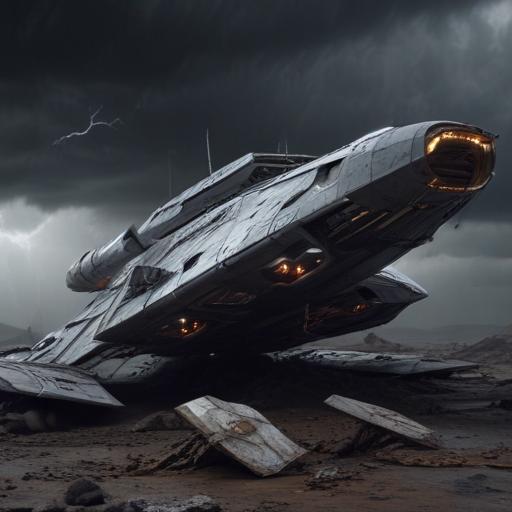The Galactic Empire has always been synonymous with grand spectacles, a penchant for theatrics that is often personified by its most notorious figures like Darth Vader and Emperor Palpatine. Their villainous antics and impressive displays of power, such as Vader’s iconic presence and the Emperor’s lightning strikes, serve to showcase their dominance. However, as seen in the second season of “Andor,” it is the cold, bureaucratic cruelty of the Empire’s lower ranks that reveals a more chilling reality beneath the surface.
Set 15 years after Palpatine’s quiet coup that transformed the Republic into the Empire, “Andor” explores how citizens, unaware of the totalitarian shift, adapted to a new norm. The gradual dismantling of democracy—evidenced by the phasing out of distinct Clone Troopers in favor of conscripts and the diminishing power of the Galactic Senate—demonstrates how authoritarianism can creep in unnoticed, mirroring the long game that Palpatine has been playing for decades.
The series casts a light on darker Imperial operations, where the oppressive measures imposed on planets like Ghorman involve not just brute force but also psychological warfare. As the ISB (Imperial Security Bureau) runs a shadow government with cruel efficiency, the Empire’s strategy includes discrediting local populations to dampen empathy during impending atrocities. The propaganda machine aims to reshape narratives, suggesting that the citizens of Ghorman are arrogant—an image that will ease the acceptance of violent crackdowns on their dissent.
Andor reveals that atrocities, such as the infamous “Tarkin massacre,” showcase the depth of the Empire’s depravity, where the oppression of innocents becomes normalized in favor of imperial ambitions. This horrifying reality raises questions about how many other acts of violence are similarly glossed over across the galaxy.
Amidst this authoritarian climate, even esteemed figures like Mon Mothma are not immune, under constant surveillance and poised on the edge of catastrophe at any misstep. Ironically, although the Empire seeks to quash freedom and dissent, its actions may ultimately breed defiance.
Through “Andor,” viewers gain essential insights into the roots of rebellion within the saga, enhancing the narrative arcs of pivotal characters in the broader “Star Wars” timeline, from Luke Skywalker to Leia Organa.
Themes in “Andor” resonate far beyond its fictional universe, echoing real-world challenges regarding governance, oppression, and the fight for fundamental rights. The series delivers an unfiltered perspective on resistance against tyranny, highlighting the courage of rebels rising amidst despair.
New episodes of “Andor” season 2 premiere on Disney+ every Tuesday in the U.S. and Wednesdays in the U.K.
